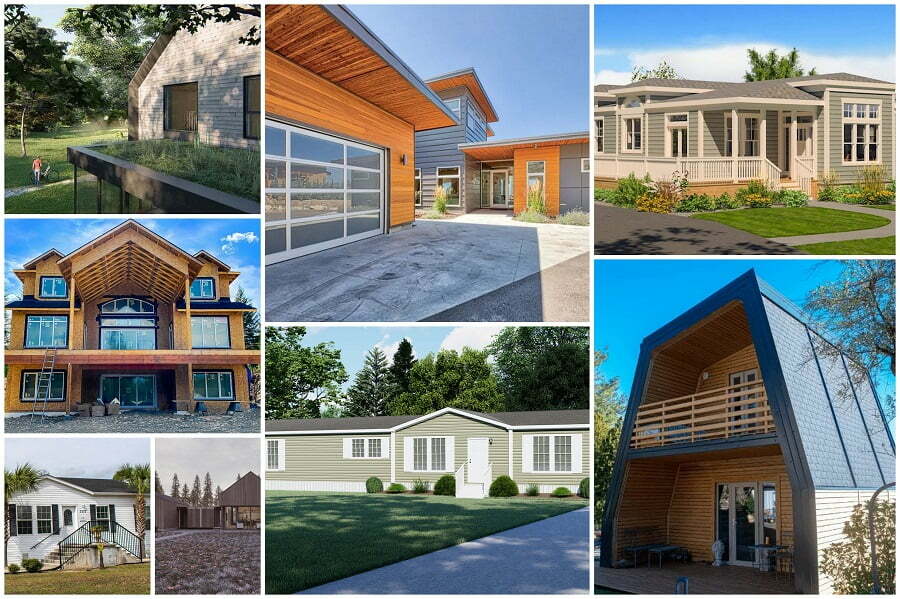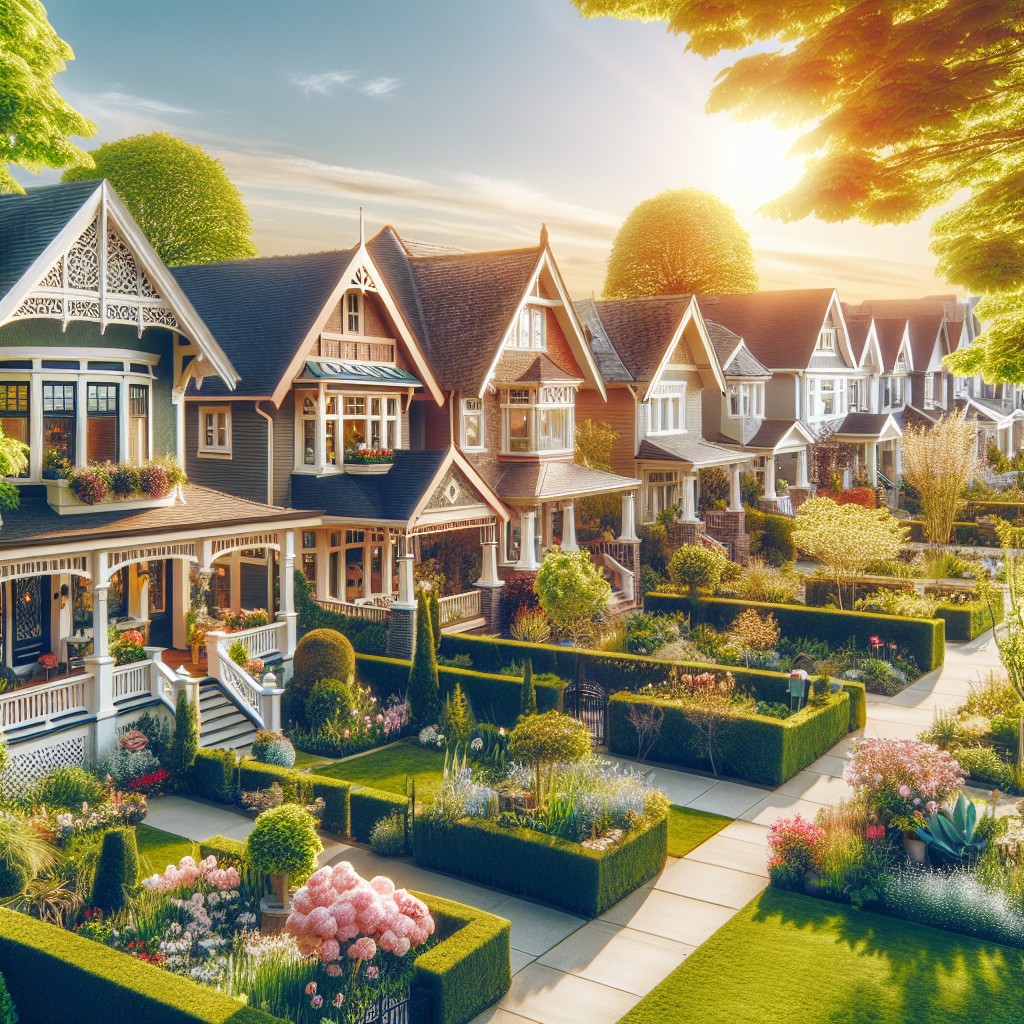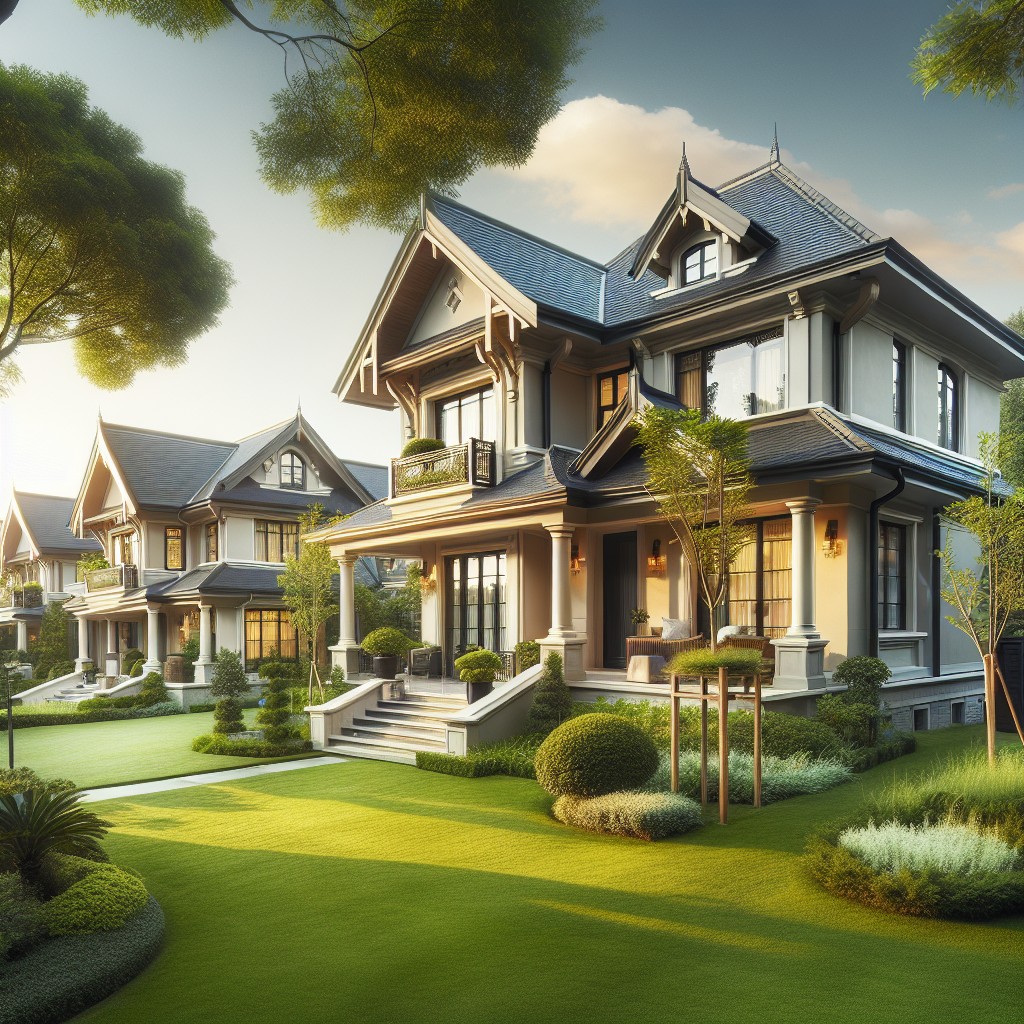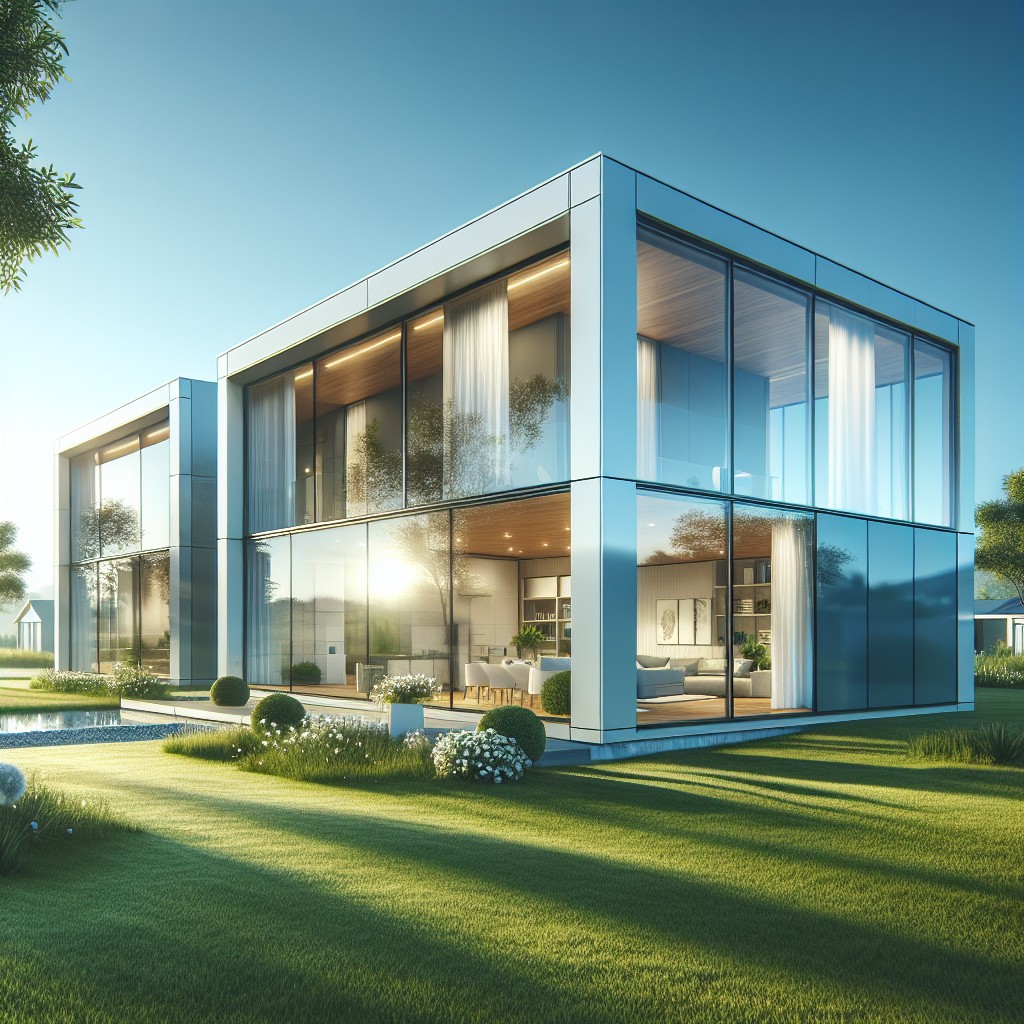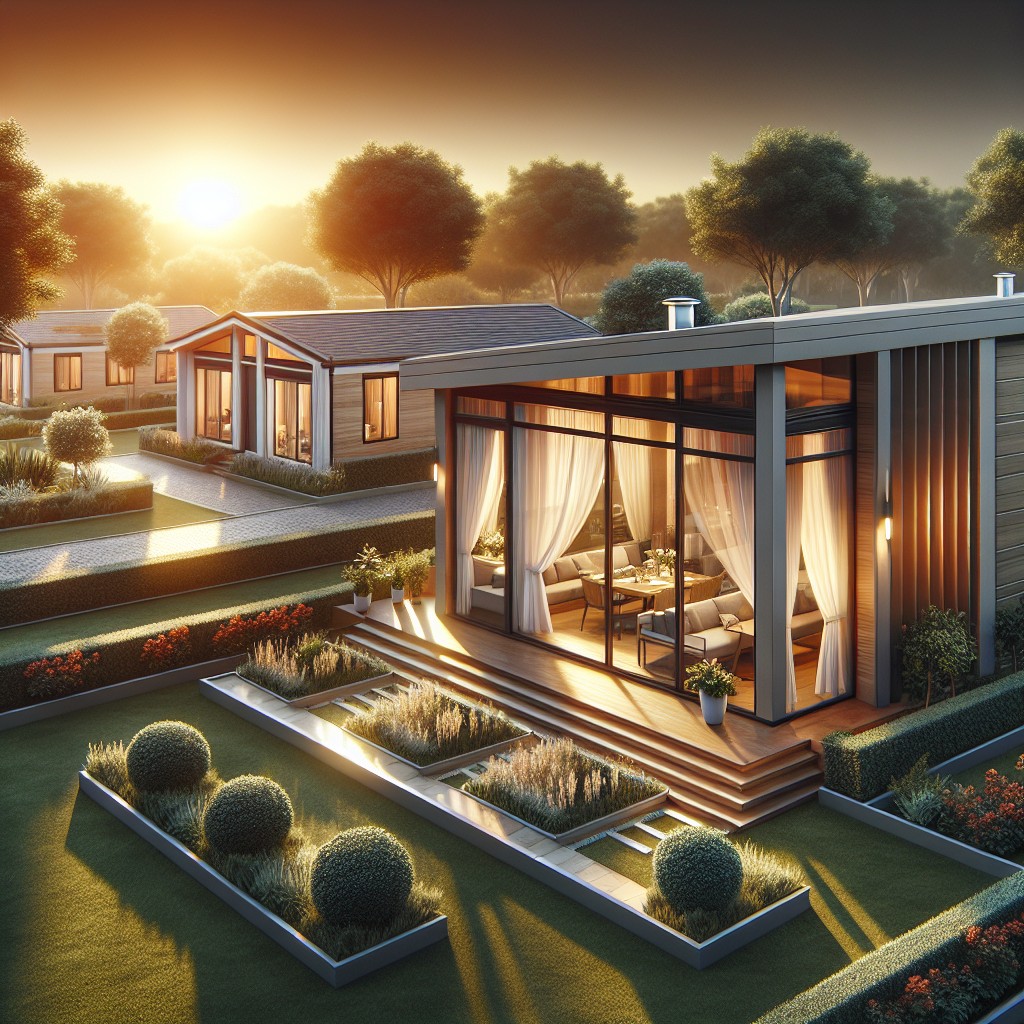Last updated on
Diving into the Solitaire Homes price list is a necessity for aspiring homeowners because it reveals the affordability of sustainable living options.
Navigating through the real estate market comes with its complexities, but when you’re aiming to find the right Solitaire homes price list, it becomes a fun adventure.
The importance of finding the right price list is paramount as it assists you in choosing the perfect home within your budget and lifestyle needs.
This article delves into the depths of Solitaire homes prices, varying factors that influence these prices, and tips on budgeting for your future Solitaire home.
The estimated price range for these homes is between $76 and $86 per square foot. These estimates are all-inclusive, covering the cost for single and double-width manufactured homes from Solitaire Homes, as well as shipping and necessary site preparations such as clearing the site, laying a foundation, and preparing utilities.
Prices ranges:
- Model 260 (2 Bedrooms, 2 Bathrooms, 896 Square Feet): $79,120 – $102,000
- Model 264 (2 Bedrooms, 2 Bathrooms, 960 Square Feet): $81,424 – $104,400
- Model 266 (2 Bedrooms, 2 Bathrooms, 992 Square Feet): $86,032 – $109,200
- Model 270 (2 Bedrooms, 2 Bathrooms, 1,056 Square Feet): $88,336 – $111,600
- Model GE 72 (3-4 Bedrooms, 2.5 Bathrooms, 1,904 Square Feet): $167,248 – $193,800
Key takeaways:
- Solitaire Homes offers affordable options for aspiring homeowners.
- Base prices vary based on size, model, and region.
- Factors affecting prices include material quality, size, design complexity.
- Solitaire Homes include standard features like plywood floors and energy-efficient windows.
- Financing options available, including manufacturer financing and FHA loans.
Solitaire Homes Base Price Range
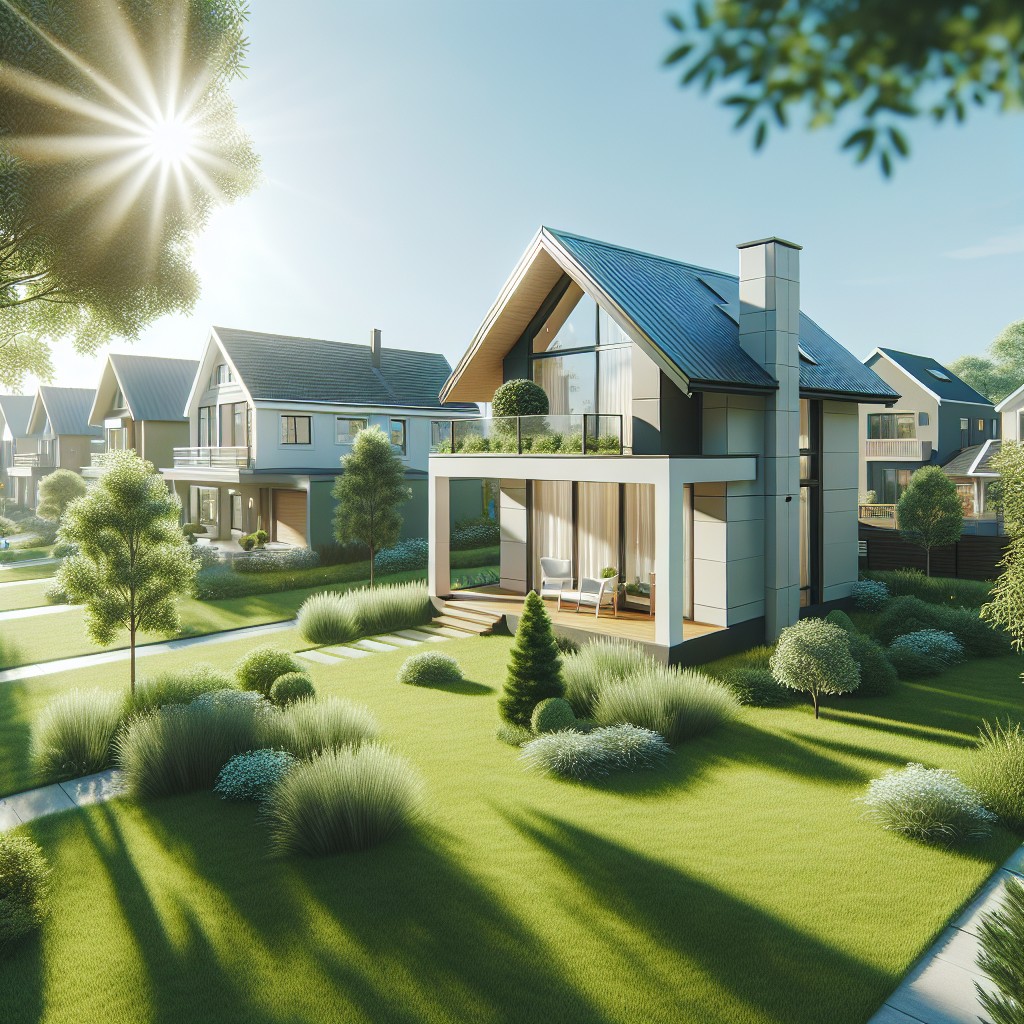
Understanding the base price range of Solitaire homes is crucial for budgeting and planning your purchase. These prices are the starting point before adding any custom features or upgrades and vary primarily by size, model, and region.
- Entry-level single wide models often start at a more modest price point, making them an affordable option for individuals or smaller families.
- Double wide models, with more space and potential for customization, command higher base prices and cater to those needing more room or desiring additional amenities.
- Base prices fluctuate depending on the local market conditions, transportation costs, and the specific dealership’s pricing policies.
- Additional factors such as the cost of land (if not already owned), site preparation, and utility hookups are not typically included in these base prices and must be calculated separately.
It is advisable to contact a local dealer directly to obtain the most accurate and current pricing tailored to your location and needs.
Factors Affecting Solitaire Homes Prices
Understanding the pricing for Solitaire homes involves looking at various elements that contribute to the final cost. Material quality and type, like premium wood versus standard composites, significantly impact price. The size of the home, measured in square footage, naturally affects the base price—an increase in size equals an increase in materials and labor.
The complexity of the design chosen also plays a role; more intricate floor plans require detailed workmanship, which comes at a higher cost. Upgrades and customization options, such as granite countertops or luxurious bathroom fittings, add to the overall price. The location of your site can influence transportation costs, as transporting the home longer distances will increase expenses. Additionally, local regulations and codes might necessitate specific building standards that could add to the cost. Lastly, market demand can sway prices, with higher demand potentially leading to increased pricing. Understanding these factors will help you navigate through the pricing of Solitaire homes effectively.
Standard Features in Solitaire Homes
Solitaire Homes are known for their quality construction and attention to detail. A typical home includes:
- Plywood floors: Unlike other manufacturers that use particleboard, Solitaire opts for sturdier plywood flooring, ensuring durability.
- High-density carpeting: This feature provides comfort underfoot along with longevity due to its resistance to wear and tear.
- Energy-efficient windows: These reduce heat transfer, helping maintain a comfortable interior climate while saving on utility costs.
- Real wood cabinets: Crafted for both durability and aesthetic appeal, these add a touch of elegance to the kitchen and bathroom spaces.
- Appliance package: Homes usually come equipped with essential appliances, offering convenience from the get-go.
- PEX plumbing: This flexible piping system is less prone to leaks and bursts, ensuring a reliable water supply.
- 90-inch sidewalls: Higher than typical manufactured homes, these walls contribute to a spacious feel within the home.
These features form the foundation of every home, crafted to elevate the living experience while prioritizing long-term satisfaction.
Customization Options and Additional Costs
Tailoring your Solitaire home to meet individual preferences can enhance comfort and functionality. Here are key points to remember when considering customization:
- Material Upgrades: Opting for higher-end finishes, such as granite countertops or hardwood flooring, will increase your total cost.
- Appliance Packages: While basic models come with standard appliances, upgrades to energy-efficient or smart appliances are usually available at an additional charge.
- Exterior Modifications: Adding a deck, customized skirting, or a carport are common requests that will impact your final price.
- Interior Layout Changes: Altering the floor plan or expanding room sizes requires reconfiguration that incurs extra costs.
- Energy Efficiency Enhancements: Investing in additional insulation, double-paned windows, or solar panels will initially raise the price but can lead to long-term savings.
- Technology Add-ons: Incorporating a home automation system or advanced security features involves supplementary expense.
Each enhancement aligns with the goal of creating a Solitaire home that not only fits your lifestyle but also potentially increases the long-term value of your investment. Remember to balance your desires with your budget and long-term plans for the home.
Single Wide Solitaire Homes
Nestled within the more compact range of Solitaire’s offerings, single-wide homes provide a cozy and efficient living solution. These units typically range from 600 to 1,300 square feet, catering to individuals, couples, or small families.
Despite their smaller footprint, these models come equipped with essential amenities:
- A variety of floor plans ensure that even in limited space, functionality isn’t compromised.
- Construction features echo the durability of traditional homes, with heavy-duty construction and pitched roofs.
- Energy efficiency is a core focus, with options such as double-paned windows and high-grade insulation to minimize utility costs.
- Customizable interiors allow buyers to choose finishes and fixtures to match personal aesthetics, from classic countertops to contemporary flooring.
The affordability of single-wide homes makes them an enticing choice for first-time homeowners or those looking to downsize. Each model boasts a balance of comfort, quality, and cost-effectiveness, ensuring value without sacrificing the comforts of home life.
Solitaire Double Wide Homes
Expansive in design, these models provide a larger living space, often mirroring the feel of a traditional site-built home. Double wide units typically range from 1,000 to over 2,000 square feet, offering multiple bedrooms and bathrooms, larger kitchen areas, and spacious living rooms.
Opting for a double wide can accommodate families seeking extra room or those desiring a home office or recreational space. With a variety of floor plans, buyers can select a layout that best suits their lifestyle needs, from open-concept designs to those with distinct rooms for privacy.
While base prices will generally be higher than single wide models due to increased size, the per-square-foot cost may be more economical, making double wides a value-driven choice for those requiring additional space.
It’s crucial to consult with a Solitaire representative to gain insight into the specific costs associated with the double-wide size you’re considering, as they can provide detailed pricing that includes delivery, setup, and any potential customizations.
Financing Options for Solitaire Homes
Securing financing for a Solitaire home is similar to obtaining a mortgage for a traditional house. Interest rates and terms may vary based on credit scores and down payment amounts. Here are some potential avenues:
- Manufacturer Financing – Solitaire often partners with financial institutions to offer loans specifically tailored for their homes.
- FHA Loans – These government-backed loans can be used for manufactured homes and often require lower down payments.
- VA Loans – If you are a veteran or active military, you may qualify for a VA loan with benefits like zero down payment.
- Personal Loans – Some buyers opt for personal loans, which might be unsecured and could have higher interest rates.
- Local Banks and Credit Unions – These institutions sometimes offer competitive rates for manufactured homes, especially for those with existing banking relationships.
- Rent-to-Own Arrangements – Although not traditional financing, this option may be available to those unable to secure immediate financing but wish to work towards ownership.
Before deciding on the best financing route, compare the options available to you, considering factors such as loan terms, interest rates, and any additional fees.
Warranty and Service After Purchase
Understanding what comes after you purchase a Solitaire home is crucial for peace of mind. Here’s a quick insight about warranty and after-sales support:
- New Solitaire homes come with a manufacturer’s warranty that typically covers structural elements, workmanship, and various components of the home for specified periods.
- The warranty period for different parts of the home may vary, with major structural components usually covered for a longer period than appliances or fixtures.
- It’s important to review the warranty documentation fully to understand what’s included and any maintenance obligations required to keep the warranty valid.
- Warranty service is facilitated by Solitaire Homes’ customer service department, which can guide you through the process of filing a claim.
- Additionally, extended warranties may be available for purchase to cover your home beyond the standard warranty period.
- Keep in mind that normal wear and tear, or damage from natural disasters, may not be covered under the standard warranty.
When selecting a Solitaire home, consider how the warranty complements your needs, and make sure you’re familiar with the procedure for service requests.
Used Mobile Homes
When considering the purchase of a used mobile home, there are several critical points to keep in mind:
- Inspect the home carefully for any signs of damage or wear, such as roof leaks, structural integrity, or plumbing issues.
- Check the age of the home, as older models may not have the energy efficiency or modern amenities of newer ones.
- Research the make and model to ensure that replacement parts are still available.
- Confirm that the home can be transported to your site without excessive costs or logistical challenges.
- Inquire about the home’s history, including previous ownership and maintenance records.
- Be aware of depreciation; like cars, mobile homes can lose value over time, which can affect future resale value.
- Seek advice from a professional who can assess the condition of the home and provide a fair market valuation.
- Review the local regulations or park rules if you intend to place the home in a mobile home community, as some have restrictions regarding the age and condition of homes.
Comparison With Other Manufactured Home Brands
When researching mobile homes, it’s essential to weigh Solitaire against its competitors to determine its market value. Here are key comparative points to consider:
Construction Quality: Solitaire prides itself on using higher-grade materials than many competitors, from thicker walls to upgraded insulation. Compare these quality indicators to see the durability and efficiency differences.
Design and Layout: Observe the range of design aesthetics and floor plans other brands offer. Some might provide more innovative layouts or customization flexibility.
Energy Efficiency: Assess the energy ratings provided by different manufacturers. Energy Star certifications and utility cost estimates can serve as benchmarks for long-term savings.
Brand Reputation: Look into customer reviews and industry awards. Brands with consistent positive feedback likely deliver on their promises, signifying reliability.
Resale Value: Investigate the historical resale values of different brands’ homes. A brand whose homes hold value over time can offer a better return on investment.
Customer Support: Evaluate each brand’s post-purchase support services. Good customer support can greatly increase your satisfaction with the home.
Understanding these points helps in making an informed decision, catering to one’s preferences, and budget allocation within the manufactured home market.
Why Should You Buy Your Solitaire Mobile Home From Hench’s?
Hench’s is a reputable dealer with a long-standing tradition of quality service, which ensures a seamless purchasing experience. Their knowledgeable staff can guide you through the selection process to find a home that suits your needs and budget.
Additionally, Hench’s often provides competitive pricing and promotions, helping you get more value for your money. The dealer’s strong relationship with the Solitaire Homes manufacturer also means that any customization or specific requests are handled efficiently.
With an established track record of customer satisfaction, Hench’s commitment to post-purchase support, including warranty claims and service requests, is a significant advantage for homebuyers.
FAQ
Who bought out Solitaire Homes?
Cavco Industries, the parent company of CountryPlace Mortgage, acquired Solitaire Homes.
What is the smallest double wide made?
The smallest double wide is typically around 704 square feet in size.
Are solitaire homes built in Mexico?
Yes, Solitaire Homes are indeed built in Mexico as part of their operating locations.
How long has Solitaire Homes been in business?
Solitaire Homes has been in business since 1963.
What materials are typically used in the construction of Solitaire Homes?
Solitaire Homes typically uses materials such as heavy gauge steel, fiber cement siding, and high-quality lumber for construction.
How does Solitaire Homes incorporate sustainability in their building design and construction?
Solitaire Homes incorporates sustainability in their design and construction by using energy-efficient materials, practicing responsible waste management, and creating designs that promote natural ventilation and daylighting.
What warranty options does Solitaire Homes offer for their units?
Solitaire Homes offers a 5-year warranty option for all their manufactured homes that covers any defects in workmanship or materials.
Related reading:
Table of Contents
